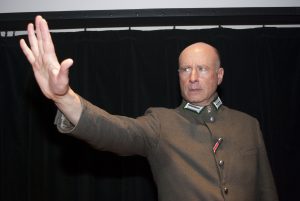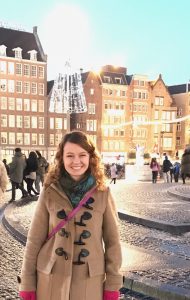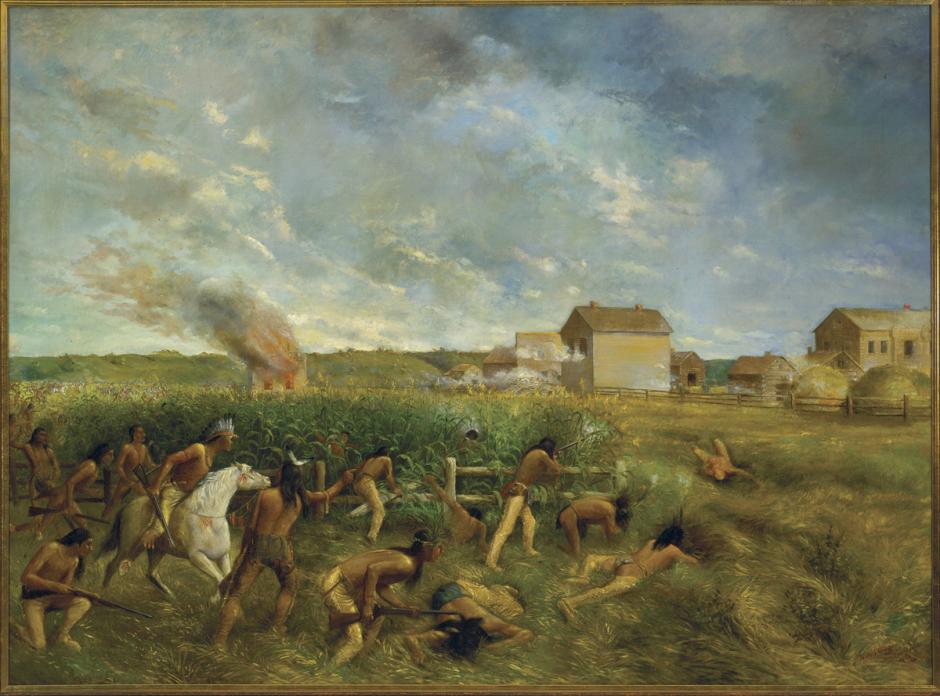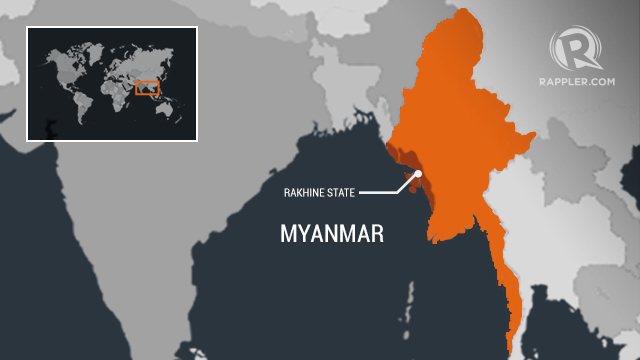“Nasty, brutish, and short.”
In a recent lecture by Ambassador Stephen Rapp, hosted by the Human Rights Program, he borrowed from Thomas Hobbes’ famous line to describe life in a world without justice. His presentation kicked off a lecture series about the ongoing Syrian crisis.

Saying that Ambassador Rapp has an extensive resume is an understatement: he served as Ambassador-at-large for War Crimes in the Office of Global Criminal Justice, a position which brought him around the globe to address a wide span of conflicts during his 2009-2015 term. His legal experience includes positions in the International Criminal Court and the International Tribunal for Rwanda, where he helped prosecute the first conviction for a member of the media in inciting genocide. Currently, he holds positions with the Hague Institute for Global Justice and the US Holocaust Memorial Museum’s Center for the Prevention of Genocide.


 2010, she was appointed as the Director of the International Assistance Unit, until she decided to move to Minnesota in 2013 to pursue her Ph.D. in History major and Human Rights minor. Paula was the 2014-2015
2010, she was appointed as the Director of the International Assistance Unit, until she decided to move to Minnesota in 2013 to pursue her Ph.D. in History major and Human Rights minor. Paula was the 2014-2015 



